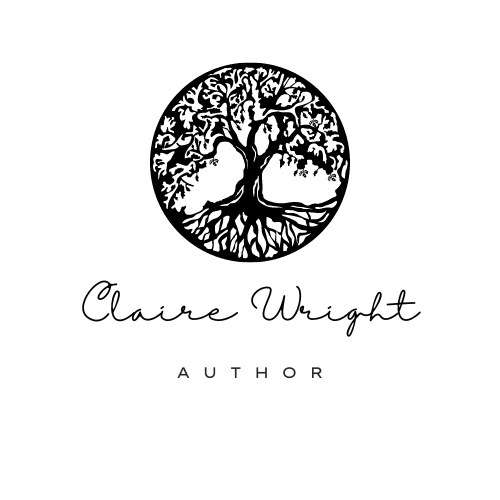FAQ For Writers
Where do you find inspiration?
Ideas come to me randomly and with no apparent method. My creativity pool can be overflowing some days and a barren desert on others.
The most important thing I can recommend is writing down any idea you have as soon as it comes. I use the notes app on my phone because who is ever without their phone nowadays? My ideas tend to come right before I fall asleep, but instead of assuming I'll remember in the morning (I never do), I will jot those half-baked goodies under the duvet and bleary eyed. Sometimes, it's only days later that I'll remember I even had the idea and what joy I give myself when I try to decipher what my notes are about.
Reading inspires me. Not necessarily with new ideas, but in the craft of writing. I read and listen to fantasy books and have found it a great way to learn different ways to develop world building, character development and interesting storylines. I also read outside of my chosen genre, and love a good crime detective series. It's probably why Fair Ones kicks off with a fantasy murder mystery in Realm of Lore and Lies. I adore a good 'whodunnit'.
Are you a plotter, pantser, or planster?
(Definitions: a plotter plots their novel, a panster writes with no plan and a planster is a writer who is a mixture of both)
Short answer: I start out as a plotter but lean closer to a planster by the end. I've never been a panster. I never stick to an outline but intuitively go where the story wants me to.
Longer answer: I start out by outlining the story. If it's a trilogy like Fair Ones, I will plot out the entire book 1 and outline the important aspects of the other books.
Once I have a solid outline for book 1 and decent outlines for the other books, I will break down book 1 into chapters using the method from Save The Cat Writes a Novel by Jessica Brody. This isn't rigid, and I have deviated from the plan (several times), but I find it a great tether to the bones of the story. While subplots and sometimes romances may change, the crux of the story doesn't.
Check out Save The Cat here.
Any recommendations on courses?
I’ve subscribed to Masterclass, and although I found it interesting, I didn't see the value in the one year membership. The classes I found most useful are Dan Brown and Margaret Atwood.
Jessica Brody (am I fan-girling enough? I'm not affiliated in anyway fyi) has an online Writing Mastery Academy. I subscribed for a few months, and while I recommend it, I didn't continue my subscription. There are some amazing classes (I recommend the Novel Fast Drafting and Save the Cat! Novel Writing Course). Although I may resubscribe in the future, I don't have time with my current schedule.
Check out Writing Mastery here.
What resources do you use?
I outline using Save The Cat Writes A Novel
A helpful resource in writing characters outside your racial, ethnic and religous diversity: Writing With Color
Gods and Fighting Men (Project Gutenberg Ebook)
Writing for theatre and film. Although I don't write screenplays, I found this article, forwarded on behalf of a young, future author, informative and helpful. (Thanks Anna!)
Other Tips!
I write scenes for my books with the aim to create a cinematic atmosphere while reading. In order to do this, I incorporate a mental checklist to ensure I have all the necessary ingredients to make this happen.
World setting - Where are we? What's the weather like? Is it secluded, over-populated? What time is it? Aim to incorporate as many senses as possible: sight, sound, smell, taste and touch.
For instance, the opening scene for Realm of Lore and Lies is in a busy cafe beside Newgrange in the late morning. This is a tourist destination so I incorporated crowded seats, and a stuffy atmosphere for my character who works in the cafe, which brings me to my next ingredient...
Character(s) - who is in your scene/chapter? Do you have one or more characters? Who is your main character? I have four character points-of-view in my series so it was important I created unique personalities, appearance and character traits for each.
Dialogue - I can’t stress enough how important conversations between your characters are. If something can be 'talked out' between your characters instead of written within the storyline, I recommend writing it through dialogue first. Oftentimes, it’ll work much better in this format.
If I'm stuck on a scene, where I know what needs to happen, but I can't get the words out, I will write lines of dialogue between my characters without any other information. It’s messy, it definitely doesn’t look pretty, but gems come out of this method. You can flesh out the scene around the dialogue you keep (and a lot of the time, you will only keep a selection of the most important bits). Plot points you hadn't thought of before can arise from it. Writing solely dialogue can often develop your characters' personalities further. This worked particularly well for me when developing Maebh. She's a firecracker and is so much fun to create dialogue for. I honestly never know what's going to come out of her mouth and that's the beauty of having a slightly unhinged character to write about!
